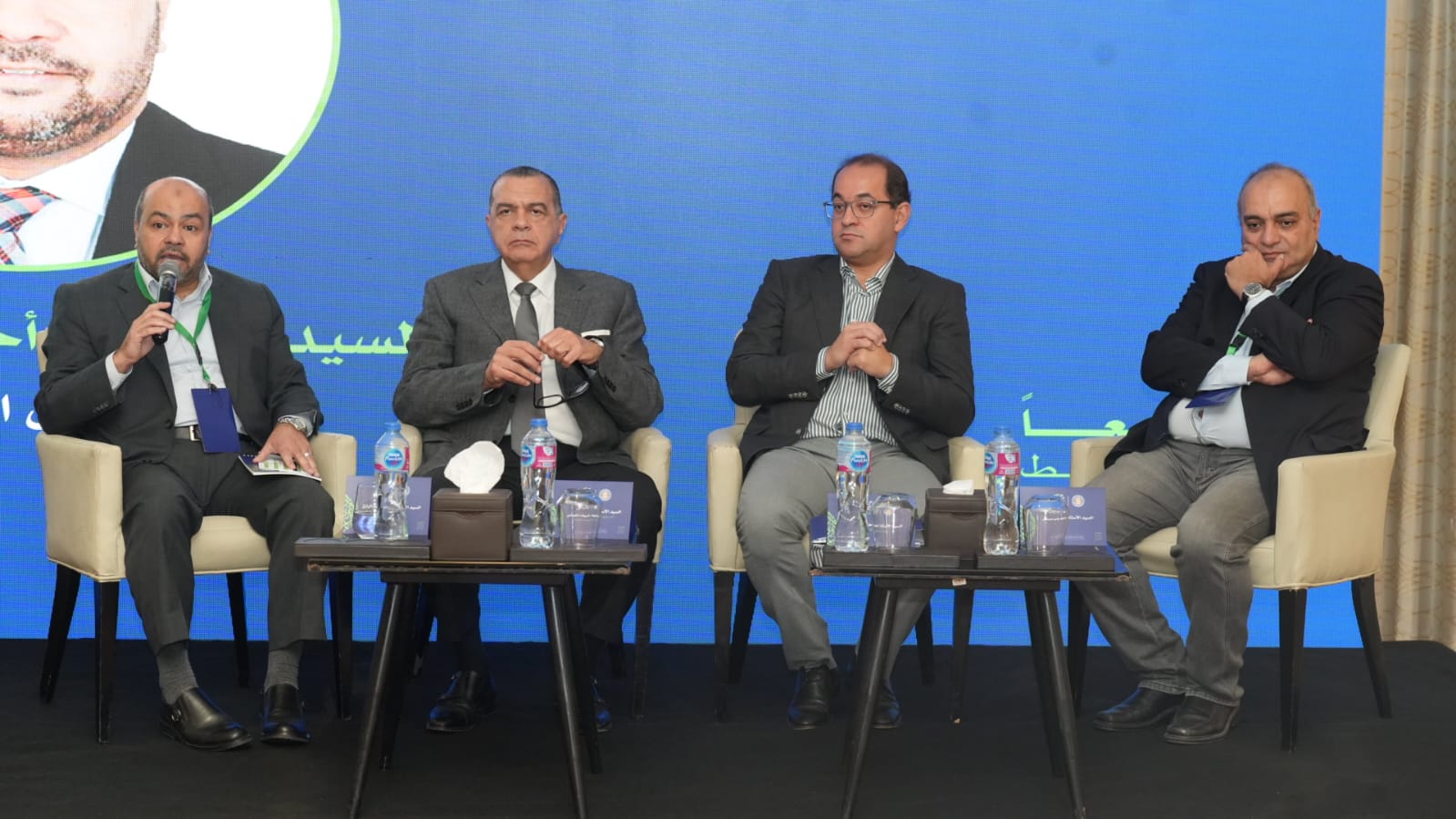Egypt’s Ministry of Finance has outlined four central fiscal policy objectives aimed at fostering sustainable economic expansion, strengthening the business environment, and elevating living standards for citizens. Finance Minister Ahmed Kouchouk emphasized that investing in human capital and enhancing conditions for public sector workers are at the forefront of the government’s strategy. He stressed that fiscal planning must extend beyond conventional metrics of budgetary control to actively support inclusive development and economic dynamism. n nDuring a strategic planning forum with senior officials, Kouchouk highlighted the importance of transparent communication and collaboration within the ministry, noting that teamwork and idea exchange are vital for effective governance. He reiterated the institution’s mission to serve the public, stating that improving everyday life for Egyptians remains the ultimate objective. n nThe finance ministry is committed to building stronger ties with both private enterprises and the general population by implementing tangible reforms and alleviating financial burdens. A key component of this effort includes reducing national debt levels and improving fiscal health to free up resources for social programs and human development initiatives. In the coming years, increased funding will be directed toward education and healthcare, with an emphasis on delivering measurable benefits to communities across the country. n nDeputy Minister for Fiscal Policies Yasser Sobhy pointed out that clearly defined and well-prioritized goals are essential for effective policymaking, advocating for a balance between economic performance and societal well-being. Sherif El-Kilany, Deputy Minister for Tax Policies, explained that recent tax and customs reforms reflect a long-term strategic vision, with simplified tax procedures already showing positive results and customs modernization improving transparency and operational efficiency. n nThe ministry is currently revising its strategic roadmap to align more closely with national development targets. Ahmed Abdel Razek, the Permanent Undersecretary, noted this update ensures coherence with evolving fiscal priorities. Dalia Fouad, Director-General of Monitoring and Evaluation, added that staff training in strategic planning is being intensified to promote coordinated execution of goals. Meanwhile, Mohamed Omar, CEO of Cortex, confirmed ongoing collaboration with the ministry to convert strategic plans into concrete, results-driven programs with clear performance indicators. n— news from Dailynewsegypt
— News Original —
Four fiscal policy priorities to drive economic growth, enhance business climate, and improve citizens’ lives: Kouchouk
Minister of Finance Ahmed Kouchouk affirmed that four key fiscal policy priorities constitute the core foundation for achieving sustainable growth, improving the business environment, and enhancing citizens’ quality of life. n nKouchouk emphasised that the Ministry of Finance’s foremost strategic goal is to invest in human capital and improve the conditions of public sector employees. He also underscored the importance of fostering effective internal communication through various tools and platforms to encourage idea-sharing and promote teamwork. n nSpeaking during an open dialogue with senior ministry officials at the Strategic Planning Forum, Kouchouk said: “We work in service of the people. Our ultimate goal is to improve their quality of life.” n nHe added that the ministry remains committed to building bridges of trust and partnership with both the private sector and citizens through consistent efforts to transform realities on the ground and ease financial pressures. Fiscal policy, he noted, must go beyond traditional indicators of discipline and stability to play a broader role in stimulating economic activity and inclusive growth. n nThe minister outlined Egypt’s continued commitment to reducing public debt levels, improving fiscal indicators, and creating fiscal space to increase spending on human development and social protection. He noted that in the coming years, greater focus will be placed on investment in health and education, alongside initiatives that deliver tangible benefits to citizens. The ministry, he added, will continue to support all government bodies in delivering higher-quality services to both citizens and investors. n nDeputy Minister for Fiscal Policies Yasser Sobhy stressed that clearly defining and accurately prioritising objectives is essential to the success of any fiscal or economic policy, noting that the ministry seeks to maintain a balance between economic efficiency and social responsibility. n nMeanwhile, Sherif El-Kilany, Deputy Minister for Tax Policies, stated that Egypt’s tax and customs reform efforts reflect a deeper and more forward-looking strategic vision. He highlighted that recent tax facilitation measures have yielded positive outcomes, while reforms to the customs system continue to enhance efficiency and transparency. n nAhmed Abdel Razek, Permanent Undersecretary of the Ministry of Finance, noted that the ministry is updating its strategic plan to better align with Egypt’s evolving fiscal policy priorities and development goals. n nDalia Fouad, Director-General of the General Department for Monitoring and Evaluation, explained that the ministry places strong emphasis on training its staff in strategic planning to ensure objectives are achieved collaboratively and effectively. n nMohamed Omar, CEO of Cortex, added that the company is partnering with the ministry to translate its strategic plan into actionable programmes with clear, measurable objectives and outcomes.
